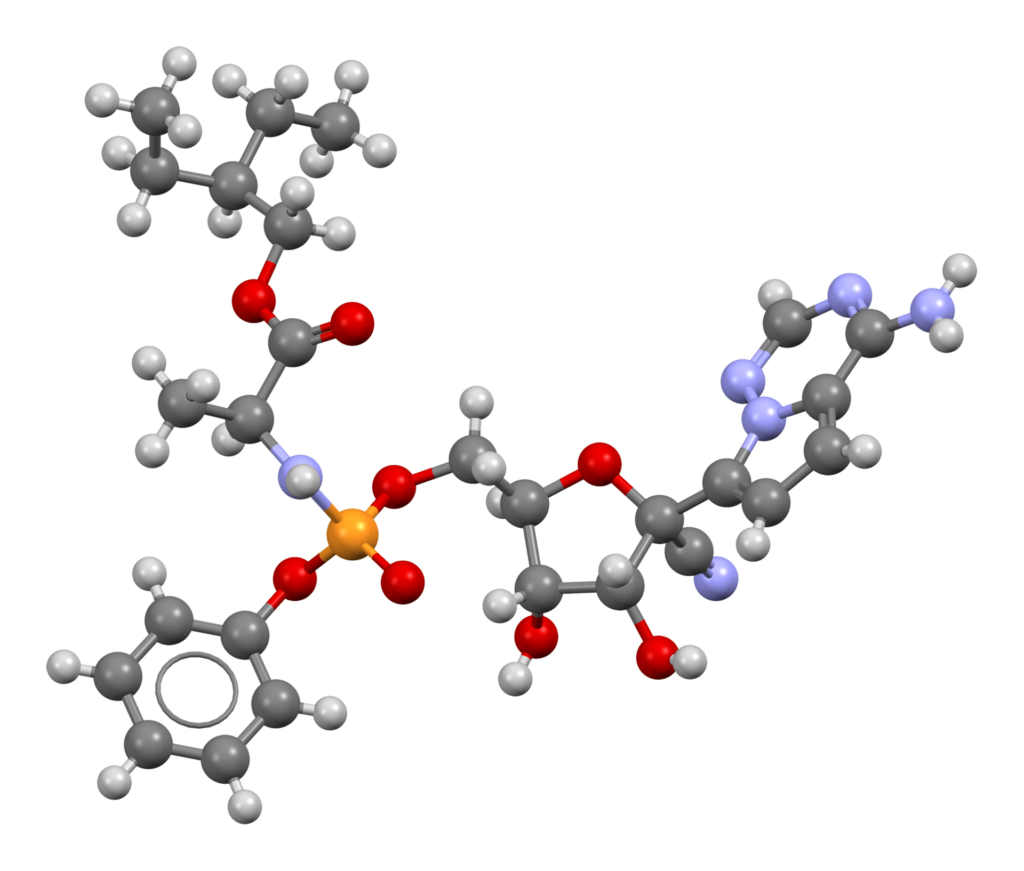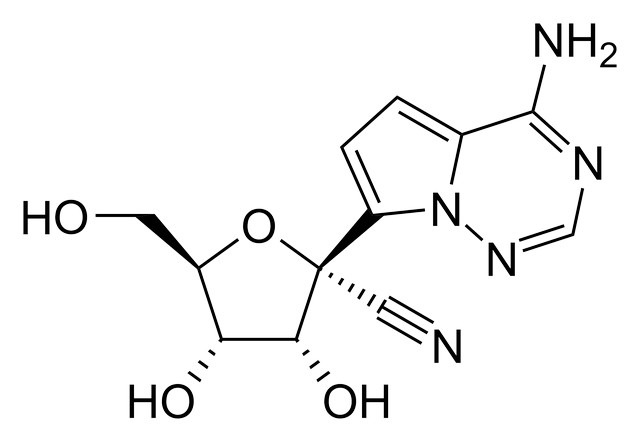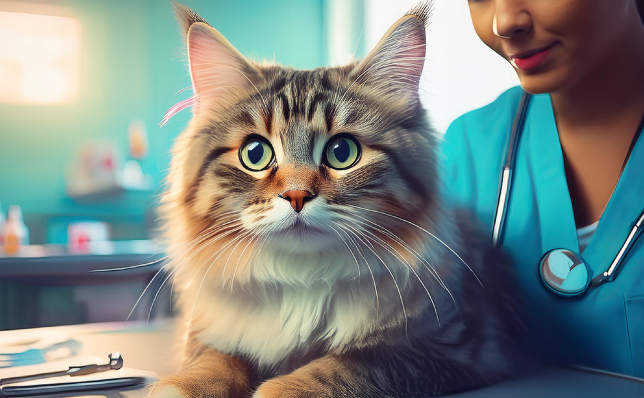Feline Infectious Peritonitis (FIP) has been known for years as a fatal disease for cats. However, thanks to new treatments with antiviral drugs such as GS-441524 and remdesivir, this disease can now be managed more effectively.
Feline Infectious Peritonitis (FIP) is caused by mutation of the enteric coronavirus (FCoV), which is common in cats. FCoV causes mild intestinal infections in most cats, but in some cases the virus can mutate into FIP virus, which attacks immune system cells
FIP is caused by a coronavirus that attacks the immune system of cats and is particularly common in kittens. Research in 2019 has shown that these antiviral drugs have great success in treating various forms of FIP (wet, dry, neurological, eye).
Laboratory findings play a very important role in the diagnosis of FIP (Feline Infectious Peritonitis).
In addition to clinical signs, the following laboratory tests can help diagnose FIP
Blood Tests: Cats with FIP usually have high globulin, low albumin, and increased protein levels. In addition, anaemia and increased white blood cells are common.
X-ray and Ultrasound: Used to detect fluid accumulation in the abdominal and chest cavities.
PCR Test: RNA of the coronavirus (CoV) can be detected.
Serology: Measures antibody levels to feline coronavirus (FCoV), but does not provide a definitive diagnosis on its own.
Clinical evaluation in combination with these findings is critical to confirm the diagnosis of FIP.
Treatment Options
Originally used by veterinarians in Australia and the UK, these treatments are now available in many countries. GS-441524 can be prescribed as a compound for special feline patients in accordance with FDA guidance issued in 2024.


Challenges and Future
The black market of uncontrolled and unlicensed FIP drugs has led cat owners to unsafe treatment options. Inconsistencies in dosage and poor quality control of these drugs pose serious risks and jeopardise the health of cats.
Diagnosing FIP is still challenging because there is no test that can accurately detect the disease. However, thanks to new treatment methods, veterinarians can now follow a clearer path in the treatment of FIP and prevent the disease with early diagnosis. It is of great importance to be careful against viral resistance and to avoid overtreatment.
Further reading
Cosaro E, Pires J, Castillo D, Murphy BG, Reagan KL. Efficacy of Oral Remdesivir Compared to GS-441524 for Treatment of Cats with Naturally Occurring Effusive Feline Infectious Peritonitis: A Blinded, Non-Inferiority Study. Viruses. 2023 Aug 1;15(8):1680. doi: 10.3390/v15081680. PMID: 37632022; PMCID: PMC10458979.

